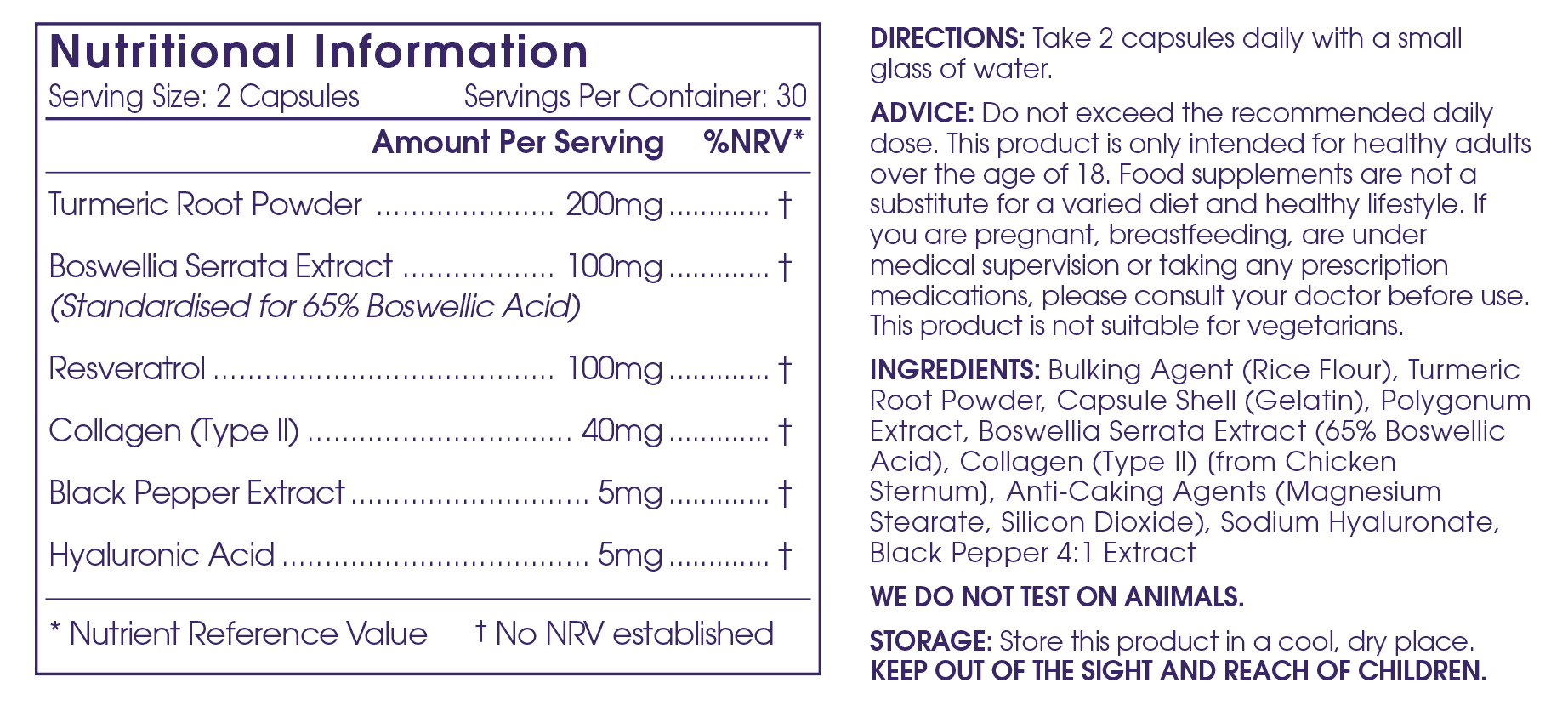Everyone experiences hardships throughout life, but the loss of a loved one undoubtedly tops the list as one of the most heart-wrenching things a person can experience. The grief that comes with losing someone you love can be overwhelming and all-encompassing. You may experience all sorts of difficult and unexpected emotions, including shock, guilt, anger, disbelief, and profound sadness.
Grief is such a heavy feeling, yet a completely natural response to the sudden absence of a person in your life, whether it’s due to a death, a divorce, or the end of a relationship. So, how do you process this powerful emotion? In this article, we’ll be sharing seven tips for moving through grief in a way that works for you.
Grief is experienced in different ways
Before we dive into tips for coping with grief, it’s crucial to understand that everyone grieves differently. There is no “right” or “wrong” way to grieve, there is no standard timeline, and there is no universal protocol to follow.

Tips for coping and healing from grief
Although there is no correct way to move through this process, the following suggestions may help you find your way.
-
Give yourself time and space to grieve
If your life is normally busy (and whose isn’t these days?), it may feel difficult to give yourself permission to take time and space to experience your feelings. You may feel that you have too much to do, or that your feelings of grief aren’t as important as work, family obligations, or other responsibilities.
That, however, couldn’t be further from the truth. Grief that isn’t acknowledged will continue to vie for your attention and can affect your ability to be present, functional, and productive in your life, and can even show up as depression, anxiety, or addiction. In order to eventually get back to some type of normalcy, grant yourself the permission to take the time and space to process your grief. That may require you to take some time off work, have your kids stay with someone you trust for a couple of weeks, or ask other family members for help.
-
Surround yourself with family and friends
While you may want to take some time to be alone, too much isolation can ultimately make you feel more lonely and hopeless. Lean on the people who care about you, even if you’re usually the type of person who takes pride in being stoic and self-sufficient. Don’t hesitate to tell people what you need, whether that’s a shoulder to cry on, a listening ear, or just someone to be there with you.

-
Allow your feelings to flow
Feeling a wide range of emotions is common and expected in the face of loss. Whether you’re a man or woman, showing emotion isn’t a sign of weakness, but rather a normal, healthy part of the grieving process.
Don’t feel like you need to “stay strong” or “put on a brave face” by holding in your feelings. If you feel like you want to cry, cry. In fact, research shows that when someone cries when they’re sad, they release stress hormones in their tears, which helps regulate stress levels and return the body to a more balanced state. Your body knows best—allow it to do its thing.
-
Practice self-compassion
When going through grief, treat yourself as you would a close friend going through the same thing. Talk kindly to yourself, allow yourself to rest when you feel tired, and let yourself off the hook for not being as productive as usual. Now is the time to give yourself more kindness, support, and acceptance, not less, so go easy on yourself.
-
Take good care of yourself
Grief can be exhausting and sap a lot of your energy. While it may feel difficult to practice self-care habits during this time, try to maintain some healthy habits, even if that means taking shortcuts or not doing as much as usual. For example, instead of doing an hour-long workout at the gym, go for a nature walk. Rather than cooking a healthy meal from scratch, buy some nourishing pre-made food.
You can also support your health by taking supplements, such as JointFuel360. This oral supplement contains tons of anti-inflammatory ingredients, including turmeric root, black pepper extract, Boswellia serrata extract, resveratrol, collagen (type II), and hyaluronic acid. The ingredients work together synergistically to support various aspects of your health and well-being.

-
Embrace acceptance when it happens
In psychology, there are said to be five stages of grief: denial, anger, bargaining, depression, and acceptance. As you can see, acceptance is the final stage—and it may take a long time to get there. Acceptance doesn’t mean that you’re happy about what happened, but rather that you’re at peace with it. You may still miss the person, think about them, or feel sad that they’re not here anymore, but you’re also able to be thankful for the time you had with them and move on with your life in a productive way.
Don’t rush yourself to get to this step. The road here is often long and winding. However, you may see snippets of it during your grieving process. When these moments happen, acknowledge them, sit with them, and really take in the feeling. This helps develop new neural pathways in your brain for acceptance that will carry you during more difficult times.
-
Seek professional support
If you’re really struggling with your intense feelings and feel you need more support than your family and friends can provide, don’t feel ashamed to seek professional help from a therapist. Many people regularly see a therapist even if nothing horrible is happening in their lives. Seeking help doesn’t mean you’re broken. All it means is that you could use some guidance and support in moving through an extremely traumatic situation. Talking opening with a neutral person who is trained to help people through experiences like this can be invaluable for many.
The bottom line: How to Heal After the Loss of a Loved One
Grief is a complex, layered emotion and the process of moving through it is not always linear. Try to ride grief just as you would the waves in the ocean during a storm. Allow the waves to take you up and down, knowing that eventually the sun will come out, the sea will calm, and you’ll feel at peace again. Everything passes, and this will, too. While life may not be the same as it once was, it can still be beautiful.
References:
https://psychcentral.com/blog/good-grief-healing-after-the-pain-of-loss#1
https://www.aao.org/eye-health/tips-prevention/all-about-emotional-tears
https://www.rickhanson.net/take-in-the-good/












